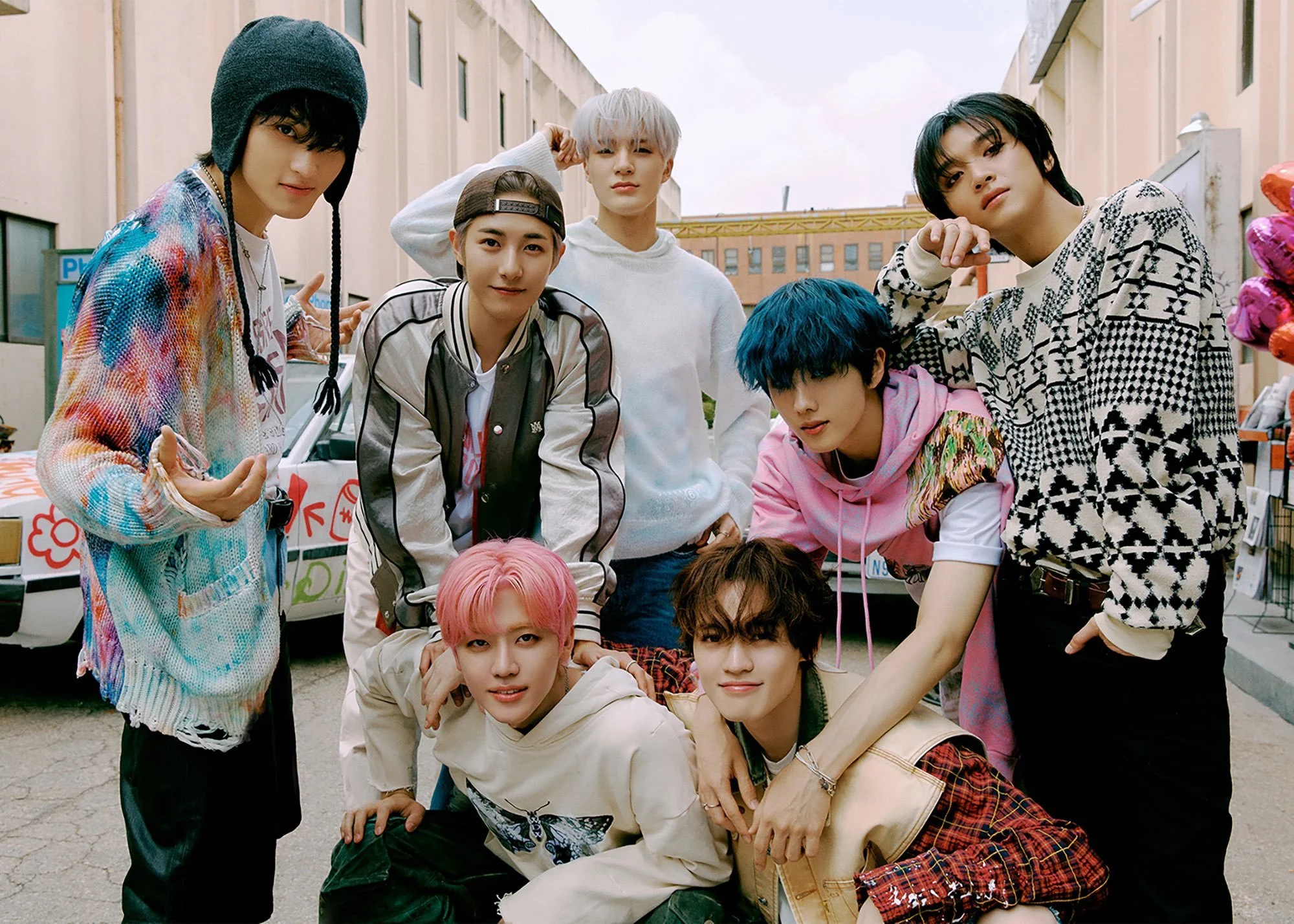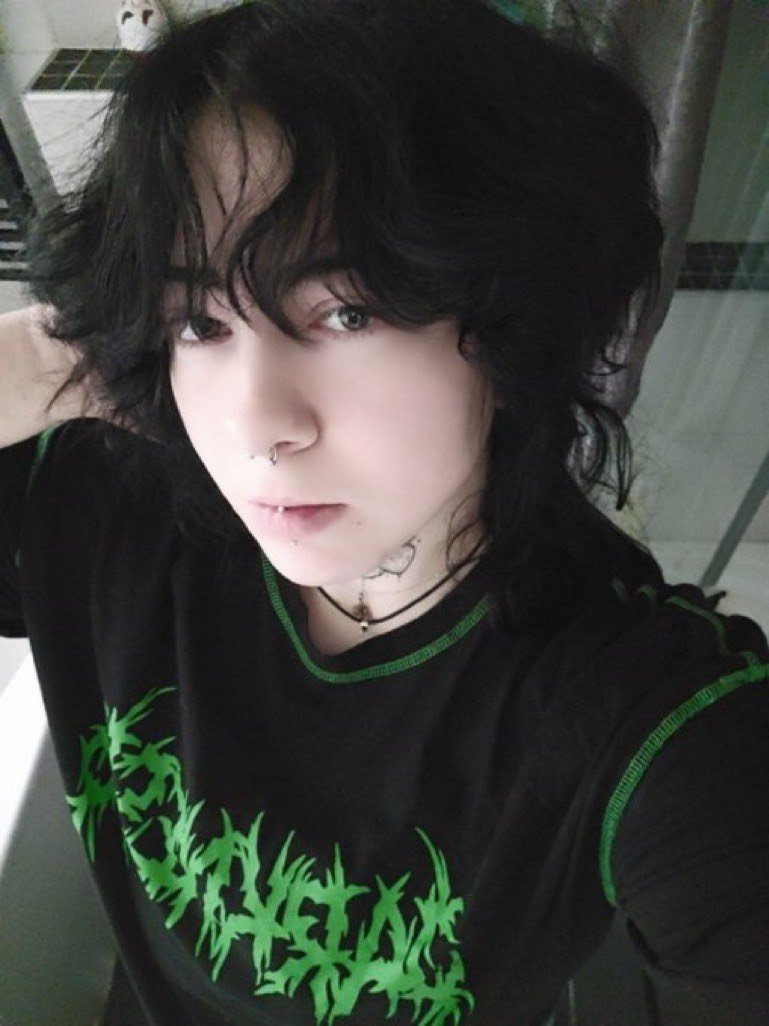The fine line between fan and sasaeng
At what point does dedication lean into obsession and pose a danger to your favourite idol?
Many idols are subject to sasaeng fans. Image: NCT DREAM on Twitter.
K-pop fans are some of the most dedicated fans in the world. From bulk buying albums to travelling across the world to watch their idols perform, many fans will go to great lengths to support a group. However, there have unfortunately been times when fans have overstepped boundaries.
What is a sasaeng?
The concept of ‘crazy fans’ is not unknown to the west. From The Beatles to One Direction, international fans have seen their fair share of over enthusiastic fan boys and girls. However, sasaeng fans are notorious for taking things one step further. Originating in South Korea, the term Sasaeng encompasses anything from overzealous fan sites to fans who stalk their idols. Incessant calling, creepy fan mail, and even death threats are all a part of being a sasaeng.
Any K-pop fan that has watched their favourite group members do live videos will know how often idols get interrupted with phone calls from sasaengs that have found their number. Some idols have even gone as far as to publicly call out sasaengs during live videos.
Owing to the COVID-19 pandemic, the creation of online fansigns gave sasaengs another way to reach their idols. Social media is often brimming with awkward videos of sasaengs asking idols invasive questions and making them uncomfortable. Each year, sasaengs seem to find new ways to get closer to their favourite idols, which leads many to question why more isn’t being done to discipline them.
Are staff complacent?
It’s widely known that many companies’ staff are involved in helping sasaeng fans get closer to their idols. Many staff will sell information such as the location of hotels and flight times to sasaeng fans, which often leads to the fans buying tickets next to the idols or rooms in the same hotel. This places groups in dangerous situations with their privacy being breached.
K-pop fan Onyx, 24.
When asked about the importance of companies protecting their idols, K-pop fan Onyx, 24, said: “Having this level of obsession over idols isn’t healthy, in fact, it’s really scary how much information these people know about schedules, flights, hotel stays, etc.”
Fan Inna, 20, also mentioned a lack of security being a big problem for idols at the moment: “The artists should always have security guards on their way to events and to the airport, for example, which is a huge issue in the K-pop industry”.
Entertainment companies should be working harder to make sure the people they employ are protecting their idols instead of allowing sasaengs to get close to them.
Disencouraging dangerous fan behaviours
For many fans, supporting and sharing content from sasaeng fans is providing them with a platform and encouragement to continue acting poorly. Some fans have created lists of fansites that are involved in sasaeng behaviour to help stop others from using their photos that were often taken in private places or against the will of the idol. Many have also said that engaging with sasaengs or arguing with them on social media fuels them to carry on their dangerous behaviour.
Simply reporting sasaengs’ social media accounts is an easy thing for K-pop fans to help disencourage dangerous behaviour. Companies have also more recently begun to take legal action against these kinds of fans. Many companies have forms on their websites for fans to complain about the actions of sasaengs to help stop them from getting into fansigns or other events.
Onyx agrees that companies need to be seriously penalising fans that take it a step too far: “Have a team collect evidence like fans have and hand it over to the police,” he explains.
He continues: “The way [companies] handle sasaengs is incredibly unserious as of now.”
Is everybody a sasaeng?
While it’s obvious that sasaeng fans are a huge problem in K-pop, it’s also led to many people being wrongfully labelled as a sasaeng. People that go to multiple shows or accidentally bump into idol groups have been named sasaengs even though this is arguably normal fan behaviour.
Onyx believes that wrongfully using the term sasaeng can be harmful in the long term: “It waters down the meaning of the word and diverts attention from the actual problem.”
Inna argues that it’s quite clear who is a sasaeng and who isn’t: “Sasaeng behaviour is so noticeable by the way they get to meet an artist [by] accident too many times to call it a coincidence.”
Buying a few albums or attending a fansign is simply supporting a K-pop group. The line is crossed when an idol's privacy is invaded or a fan follows a group around non-stop. K-pop fans can only do so much to protect their idols from these extreme kinds of fans. Having better vetting systems for workers at entertainment companies and blacklisting certain fans from events may be the way forward to avoid more serious incidents from occurring in the future.
Edited by Chelsea Cheetham.


